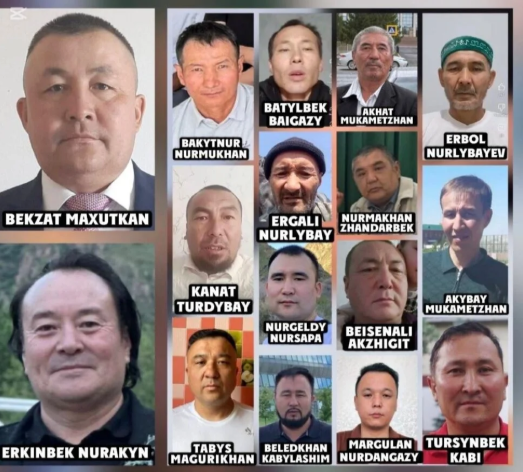French Cassation: Secular Judges Cannot Review Excluding Decisions by Religious Courts
- info775148
- 18. 4.
- Minut čtení: 3
The Court stated it could not assess the regularity or merits of a Catholic canonical verdict dismissing a deacon from the clerical state.
April 18, 2025

On April 4, 2025, the French Court of Cassation rendered an important decision confirming that secular judges cannot review verdicts by ecclesiastical courts based on religious criteria and principles.
Explicitly, the judges noted that this decision aligns France with the case law of the European Court of Human Rights and quoted the 2013 Grand Chamber judgement “Sindicatul ‘Păstorul cel Bun’ v. Romania.” The Grand Chamber ruled inter alia that, “In accordance with the principle of autonomy, the State is prohibited from obliging a religious community to admit new members or to exclude existing ones. Similarly, Article 9 of the Convention does not guarantee any right to dissent within a religious body; in the event of a disagreement over matters of doctrine or organisation between a religious community and one of its members, the individual’s freedom of religion is exercised through his freedom to leave the community.”
In the case judged by the French Court of Cassation a deacon was “dissident” only in the sense that he contested a set of Catholic canonical decisions against him. On December 13, 2007, his archbishop suspended his ordination procedure. On August 30, 2011, he was hit by a “penal sentence” by which the deacon was dismissed from the clerical state, the strongest possible sanction in Catholic Canon Law. This decision was confirmed on June 22, 2015, by the Vatican Tribunal of the Roman Rota.
On February 26, 2016, the archbishop issued an “enforcement decree” of this decision, under the terms of which the ex-deacon no longer belonged to the clergy, was no longer materially supported by the diocese, nor affiliated to the old-age, disability and sickness insurance funds for the clergy. By a letter dated June 7, 2016, the deacon was given formal notice to vacate the accommodation provided to him by a diocesan association.
On November 18, 2016, the deacon petitioned a regional court to have the sentence against him annulled and to obtain compensation for his damages. He lost both before the regional court and the Court of Appeal of Toulouse on February 2, 2021. The deacon then appealed to the Court of Cassation.
The deacon argued that the agreement to employ him as a deacon was a contract, thus subject to the jurisdiction of secular judges, and that the canonical procedure had violated his right of defense.

The Court of Cassation, however, answered that “it is not for the civil judge to assess the regularity or merits of the decision to appoint or dismiss a minister of religion taken by a legally established religious authority in accordance with the internal rules that govern it. This rule is in line with the case law of the European Court of Human Rights, which holds that the principle of autonomy of religious communities, derived from Article 9 of the Convention, prohibits the State from forcing them to admit new members or exclude others (ECHR, judgment of July 9, 2013, Sindicatul ‘Pástorul Cel Bun’ v. Romania, no. 2330/09).”
A religious appointment, the Court said, is not a contract. “Since religious commitment is not such as to create civil obligations, ministers of religion cannot claim that the material benefits granted to them for the exercise of their religious functions are in accordance with a contract.” In theory, the Court stated, secular judges can examine agreements between a religious body and its members concerning purely economic matters. However, they cannot do so when the economic matters are “not separable” from the religious content of the agreements.
In this case, “the decision of a diocesan association to terminate the material support granted to the minister of religion for the exercise of his ministry is not separable from the decision of dismissal.” It is therefore part of a sphere protected by freedom of religion or belief where secular judges cannot enter.
Source: bitterwinter.org









Komentáře